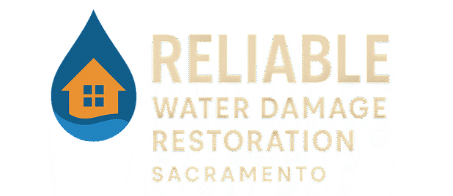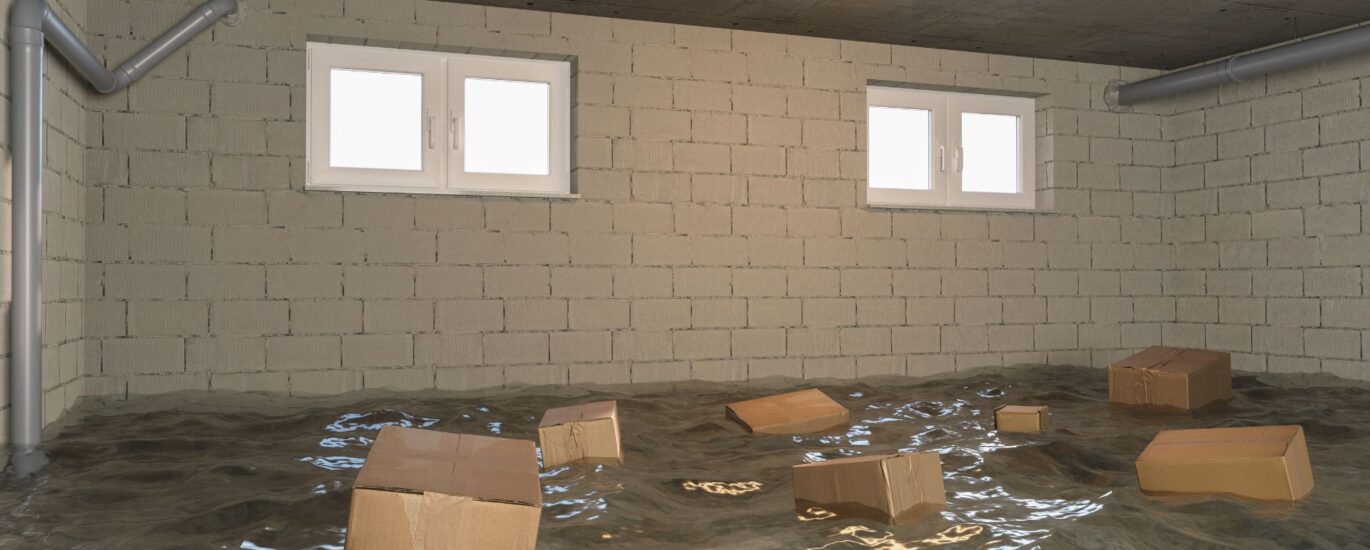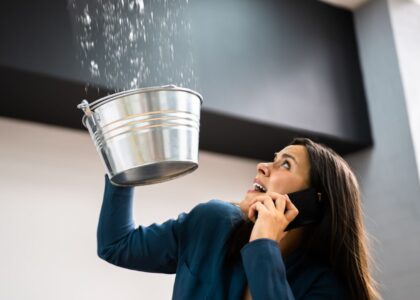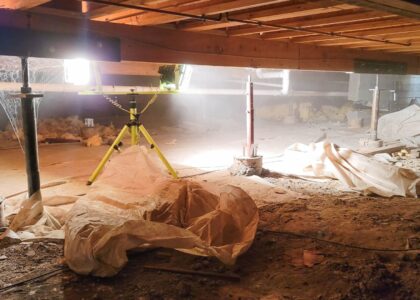Water damage can happen to any property, bringing stress and potential harm. Whether it is from a sudden pipe burst, an overflowing appliance, or heavy rain, acting quickly is very important. Prompt attention helps to limit the damage and makes the repair process smoother. When water damage occurs, professional assistance is often needed to properly dry and restore the affected areas.

Understanding Water Damage
Water damage refers to various possible losses caused by water getting into places it should not be. This can lead to materials like wood, drywall, and insulation becoming wet and breaking down. The longer water sits, the more severe the damage can become, potentially leading to mold growth and structural issues.
Common Causes of Water Damage
Water damage can result from many sources. Some common causes include:
- Burst or leaking pipes
- Overflowing toilets or sinks
- Appliance malfunctions, like washing machine or dishwasher leaks
- Roof leaks from heavy storms
- Flooding from outside sources
The Water Damage Restoration Process
When professionals handle water damage, they follow a careful process to ensure the property is fully dried and safe. This process is designed to remove water, dry the area, and prevent further problems. For effective Water Damage Restoration Sacramento CA, these steps are crucial.
Step 1: Inspection and Assessment
First, the extent of the water damage is carefully checked. Professionals use special tools to find all areas where water has spread, even hidden moisture. This step helps in planning the best way to clean and dry the property.
Step 2: Water Extraction
After the assessment, standing water is removed using powerful pumps and vacuums. Getting rid of as much water as possible quickly is key to preventing more damage and mold. This is often the first major step in any Water Damage Restoration Sacramento CA effort.
Step 3: Drying and Dehumidification
Once the standing water is gone, the affected areas are thoroughly dried. Air movers and dehumidifiers are used to pull moisture from the air and materials like carpets, walls, and floors. This step is vital to prevent mold from growing.
Step 4: Cleaning and Sanitizing
All affected surfaces are cleaned and sanitized to remove dirt, contaminants, and prevent bacterial growth. Items that can be saved are cleaned, and those that cannot are safely removed. This ensures the area is healthy and safe for return.
Step 5: Restoration and Repair
The final step involves restoring the property to its original condition. This might include repairing or replacing damaged drywall, flooring, or other structural elements. The goal is to make the space look and feel as it did before the water incident.
Why Professional Help is Important
Dealing with water damage is a big task that often requires more than just mops and fans. Professional services bring several advantages:
- Specialized Equipment: Professionals use industrial-grade equipment for quick and effective water removal and drying.
- Mold Prevention: They have the knowledge and tools to properly dry areas, which greatly reduces the chance of mold growth.
- Safety: Water damage can create unsafe conditions, including electrical hazards and contaminated water. Professionals know how to handle these risks safely.
- Expertise: They understand the different types of water damage and the best methods for each, ensuring a thorough restoration.
- Peace of Mind: Knowing that experienced individuals are handling the situation can reduce stress during a difficult time.




